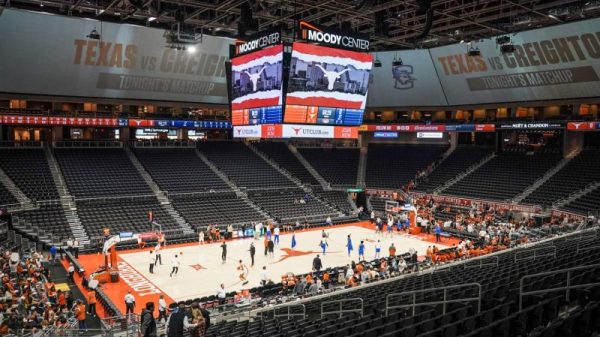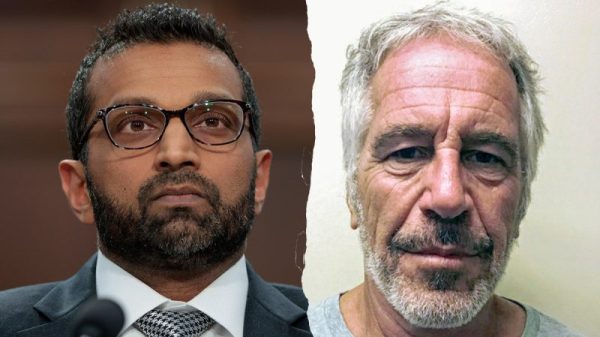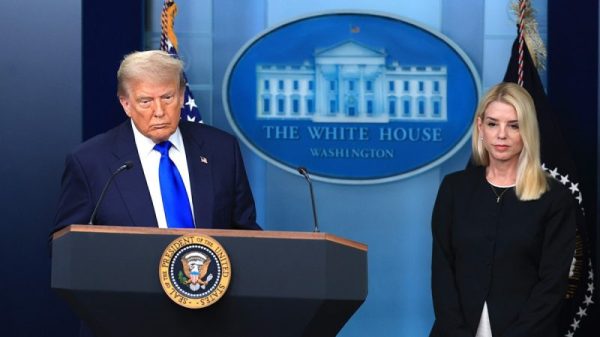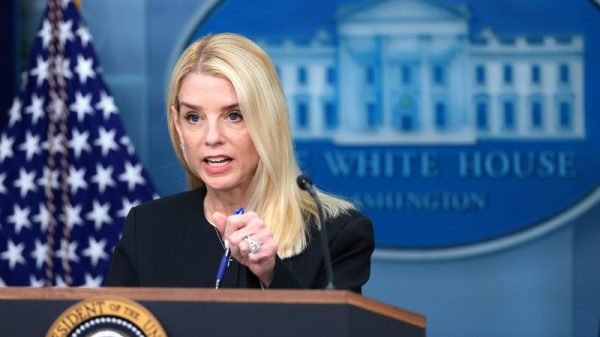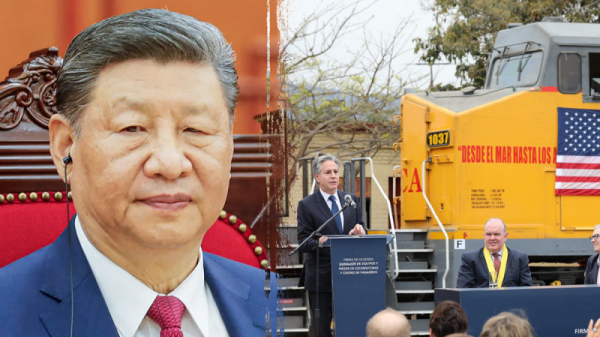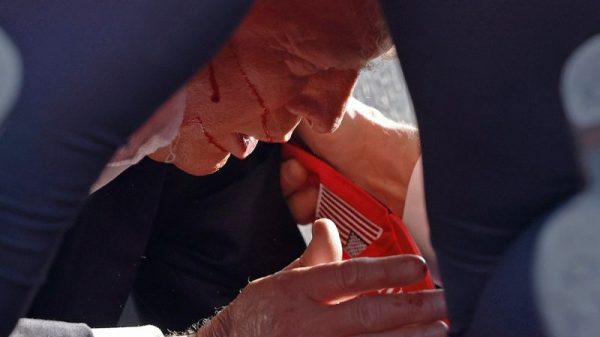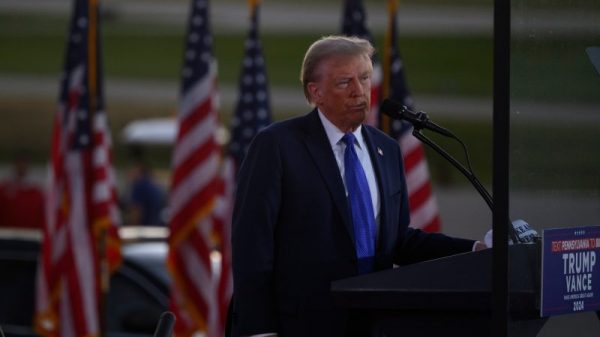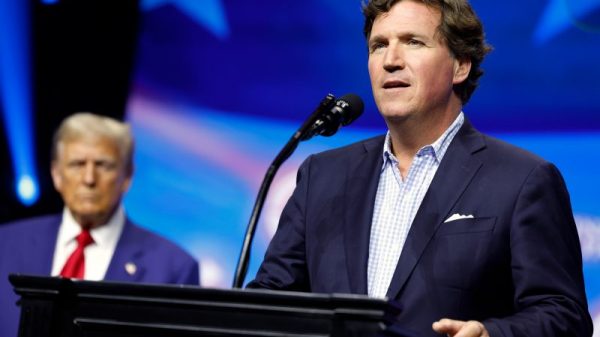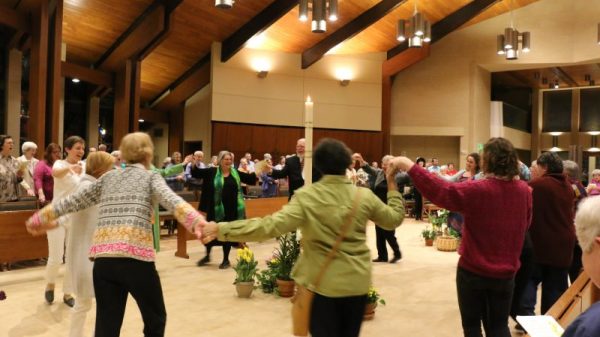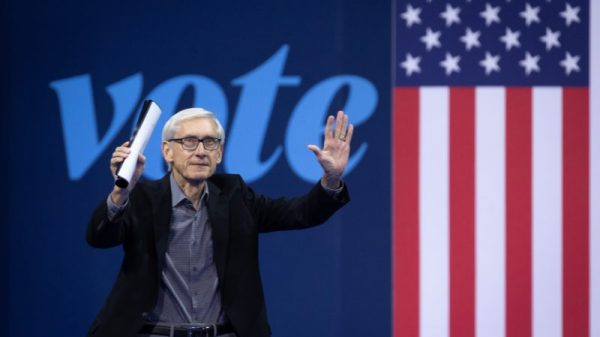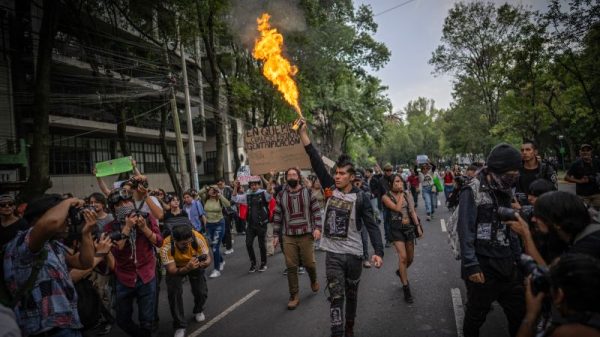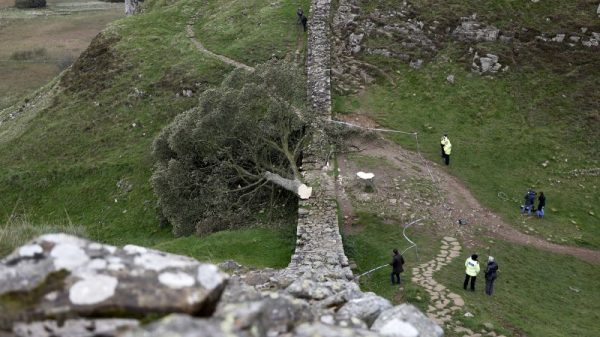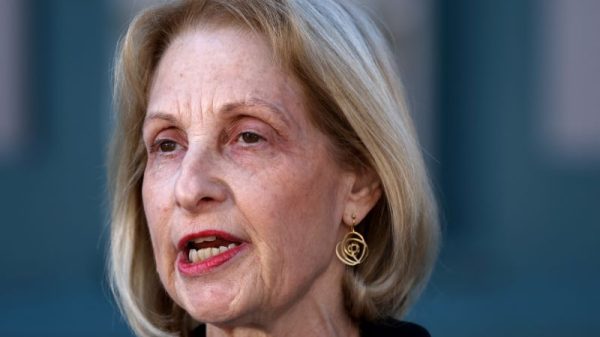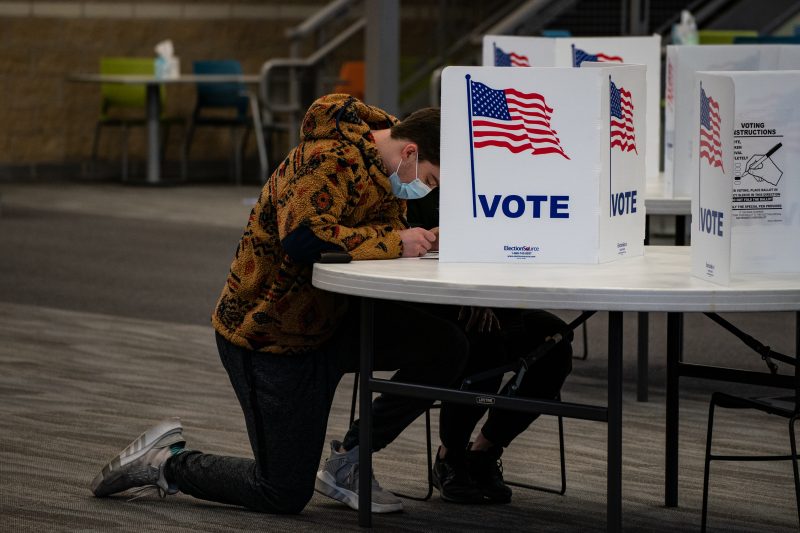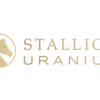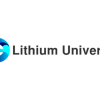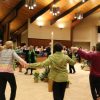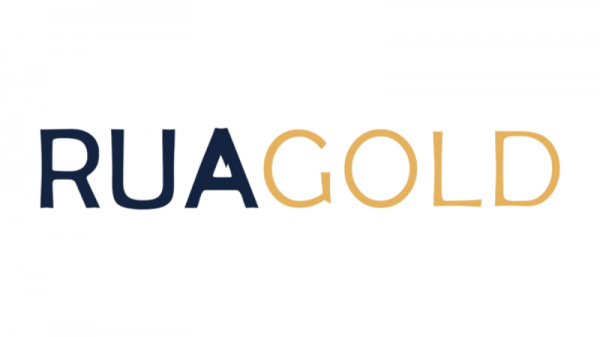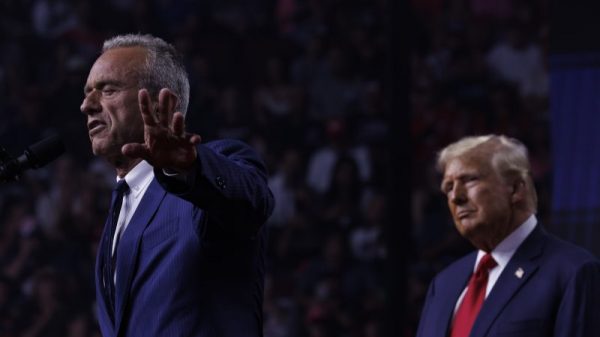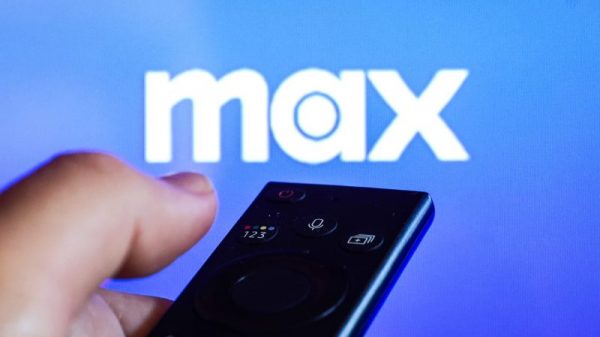In 2020, a group funded by Facebook founder Mark Zuckerberg and his wife gave $332 million to local governments to run the presidential election amid a global pandemic, prompting a Republican backlash that led to more than two dozen states banning or limiting private funding for elections.
The Center for Tech and Civic Life is again awarding grants this fall — but in much smaller amounts. The $2.5 million it plans to give to small and midsize communities in as many as 19 states totals less than 1 percent of what it spent in 2020. The grants will have nowhere near the nationwide effect they did in the last presidential election but could nonetheless spark controversy.
Zuckerberg and his wife, Priscilla Chan, are not participating in the program this year, according to the center. Zuckerberg has said he made one-time donations to the center in 2020 because the covid-19 pandemic fueled a spike in costs for election officials.
But election costs remain daunting, and they can be particularly challenging for cash-strapped rural communities, said Tiana Epps-Johnson, the center’s founder and executive director.
“It’s really been clear that there are many rural election departments right now that have really critical funding gaps,” she said in an interview. “We know that 5 or 10 or $25,000 can go a really long way toward meaningful improvements in smaller jurisdictions.”
Election officials have long complained they don’t have enough money. Running elections across the United States costs $2 billion to $5 billion a year, according to estimates from academics and election officials. Congress allocated $55 million for elections this year, leaving states and local governments to come up with most of the funding they need.
Election officials’ financial needs were acute in 2020 because of the pandemic. They used the funding from the Center for Tech and Civic Life to overhaul polling places, provide workers with hazard pay, set up ballot drop boxes, and purchase cleaning supplies, protective gear and expensive ballot-processing equipment to accommodate the rise in mail voting.
Republicans branded the grants as “Zuckerbucks” and called them unfair because so much of the money went to urban areas, where Democratic voters are concentrated. They argued Democrats would cry foul if GOP megadonor Charles Koch or other conservatives helped cover the cost of overseeing elections in Republican-leaning areas.
The center said it provided funding to every election agency that made a legitimate request, including ones in heavily Republican areas.
Legal challenges to the donations failed, and many states restricted private election funding after Donald Trump lost the presidential election. House Republicans have pushed for a national ban on nonprofit groups providing funding for elections.
“Americans deserve to have confidence in their elections, which means elections should be free from undue private influence,” Rep. Bryan Steil (R-Wis.) said during a February congressional hearing.
The Center for Tech and Civic Life’s Johnson said her group was making funding available because Congress isn’t meeting its obligations.
“It should absolutely be coming from public sources,” she said of election funding. “But until they are stepping up at the scale of the need … we are going to continue to do that work.”
This year’s grants, announced Friday, will be awarded to rural and “nonmetro” communities, as defined by the Agriculture Department, in 19 states, including deep-red Wyoming, Republican-leaning Alaska, and political battlegrounds Michigan and Nevada. Some of the states, such as Illinois and Washington, are solidly Democratic but include heavily Republican rural areas.
Nearly 5,000 communities are eligible for grants, and most of them have fewer than 5,000 residents of voting age, according to the center. The smallest communities can apply for up to $5,000, and the largest ones can apply for up to $100,000.










